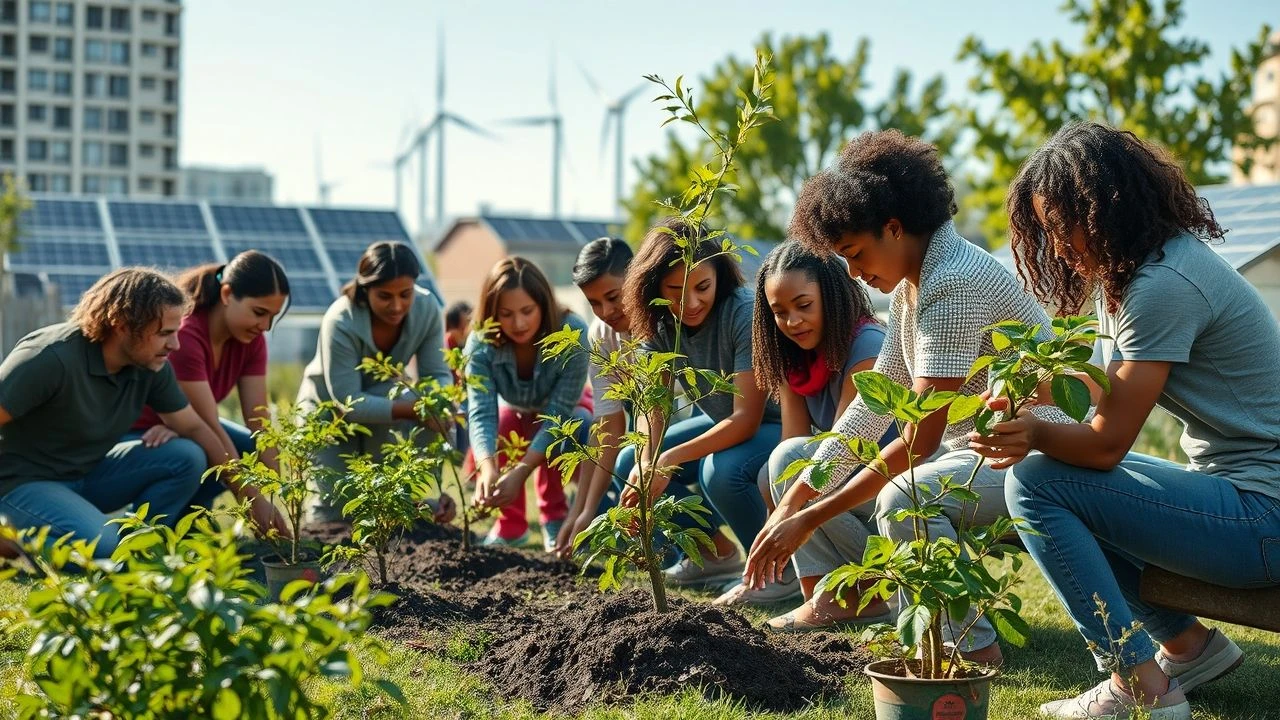
But are these targets just wishful thinking? Experts are divided. Some believe these goals are entirely achievable, pointing to rapidly declining costs of solar and wind power. Others are more sceptical, highlighting the challenges of grid stability and energy storage. Consider this perspective: Reaching 100% renewable energy is not just about installing more solar panels and wind turbines. It's about fundamentally rethinking how we generate, distribute, and consume energy.
The economic impact is another key area of debate. Proponents argue that transitioning to a green economy will create jobs and stimulate innovation. Critics, on the other hand, worry about the potential for higher energy prices and the impact on industries that rely on fossil fuels. For instance, the U.S. Energy Information Administration publishes reports that detail the actual adoption rates of renewable energy sources across various states, offering valuable insights into current progress and future projections. These reports, and others from similar organisations, suggest a need for continued investment and strategic policy-making to successfully reach these ambitious targets. Ultimately, these policies aren't just about the environment, they're about shaping the future economy.
It's not just about reducing emissions; it's about building a fairer, more sustainable future for everyone, as many environmental activists suggest. To that end, practical steps include:
And it's not just about policy; sustainable practices are crucial too. We're seeing a welcome shift towards climate-resilient agriculture and sustainable farming, with farmers adopting methods that reduce emissions and improve the land's ability to withstand the impacts of a changing climate. Think things like cover cropping, reduced tillage, and integrated pest management – all brilliant ways to keep our farms productive and lessen their environmental footprint.
Of course, we need to keep a close eye on progress. Organisations like the EPA are instrumental in providing reports on state-level achievements in cutting carbon emissions. These reports offer valuable insights into what's working (and what's not), allowing states to tweak their approaches and really maximise their impact on the environmental crisis. The key here is to foster a collaborative spirit, because by working together and embracing sustainable solutions, states can make a proper difference in tackling the climate challenge and securing a greener future for everyone.

AI in Healthcare: Revolutionizing Patient Care and Navigating Ethical Dilemmas
Rising Mental Health Awareness Demands Stronger Support Systems and Accessible Resources
Revamping America's Roads: Ambitious Plans to Modernize U.S. Transportation Infrastructure Take Center Stage
Navigating the AI Revolution: Why Regulation is Now Essential
AI Ethics: Tech Leaders and Ethicists Clash Over Algorithmic Bias and the Future of Responsible AI Development
Cities Prioritize Public Transportation Improvements for Sustainable and Accessible Urban Living